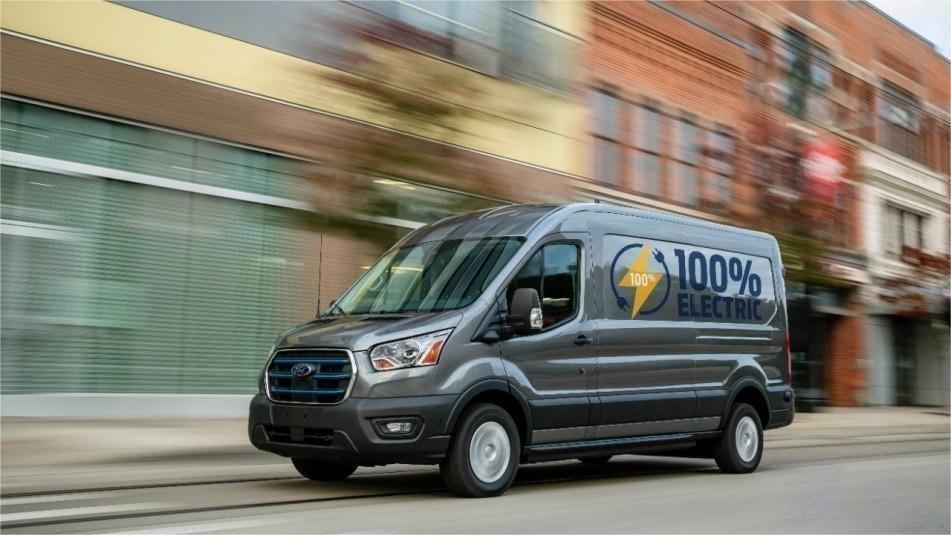Ford reportedly announced on May 9 that it will test its hydrogen fuel cell version of its Electric Transit (E-Transit) prototype fleet to see if they can provide a viable zero-emission option for customers transporting heavy cargo over long distances.
Ford will lead a consortium in the three-year project that also includes BP and Ocado, the UK online supermarket and technology group. Bp will focus on hydrogen and infrastructure. The project is partly funded by the Advanced Propulsion Centre, a joint venture between the UK government and the car industry.
Tim Slatter, chairman of Ford UK, said in a statement: “Ford believes that the primary application of fuel cells is likely to be in the largest and heaviest commercial vehicle models to ensure that the vehicle is operating without pollutant emissions while meeting the high daily energy needs of customers. Market interest in using hydrogen fuel cells to power trucks and vans is growing as fleet operators look for a more practical alternative to pure electric vehicles, and assistance from governments is increasing, particularly the U.S. Inflation Reduction Act (IRA).”
While most of the world’s internal combustion engine cars, short-haul vans and trucks are likely to be replaced by pure electric vehicles within the next 20 years, proponents of hydrogen fuel cells and some long-haul fleet operators argue that pure electric vehicles have drawbacks, such as the weight of the batteries, the time it takes to charge them and the potential for overloading the grid.
Vehicles equipped with hydrogen fuel cells (hydrogen is mixed with oxygen to produce water and energy to power the battery) can be refueled in minutes and have a longer range than pure electric models.
But the spread of hydrogen fuel cells faces some major challenges, including a lack of filling stations and green hydrogen to power them using renewable energy sources.
Post time: May-11-2023

